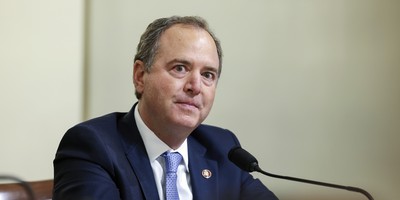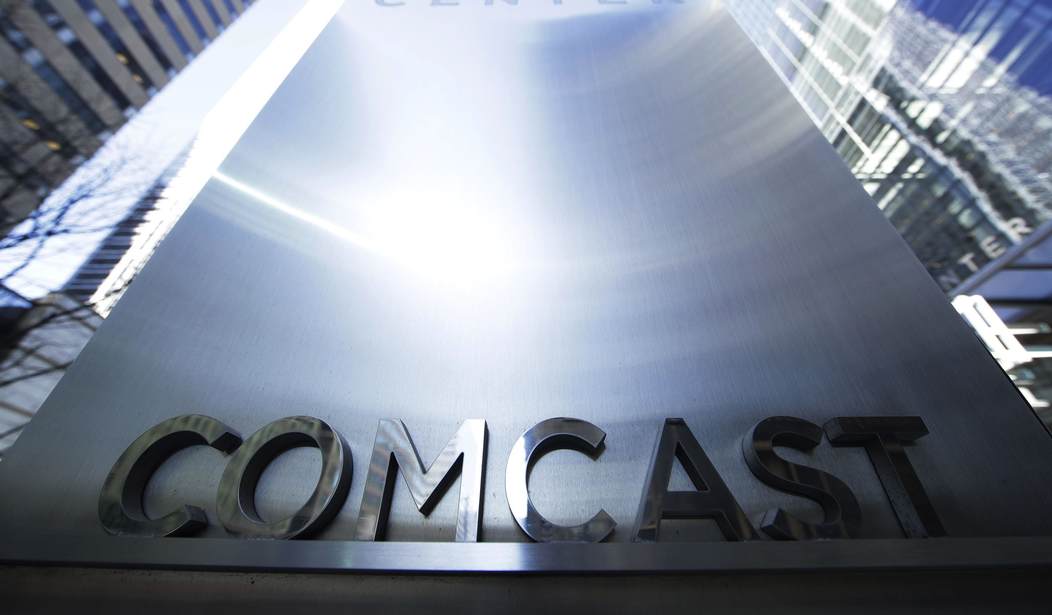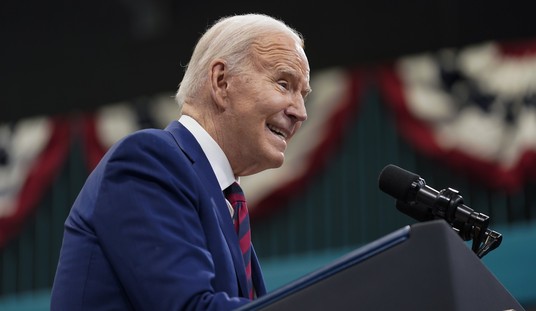It’s a classic case of “I told you so.”
The Taxpayers Protection Alliance (TPA) often writes about the missteps of local governments creating their own broadband networks, warning that these systems usually don’t perform as well as expected or cost more than anticipated. And, these systems usually result in a hit to the pocketbooks of taxpayers or electric ratepayers.
The history is playing out again in Loveland, Colorado, where the City Council recently authorized a $15 million loan from Loveland Water & Power, the city’s utility, to Pulse, the city’s broadband network. Councilmembers voted 8-to-1 on the issue in late May.
The City Council pushed the vote through to create Pulse in 2018 despite the objections of some residents and Jackie Marsh, the city’s mayor. Marsh objected to putting more money into the project because the original debt was not approved by voters.
Marsh, who has voting power on the council, was the only city official to vote against the new loan.
“It’s a new entity, it competes with private industry, and it’s a heck of a lot of money,” she said, as the Loveland Reporter-Herald reported. “I’m not surprised that we need additional money…it’s a lot easier to say yes to $15 or 20 million more when the notes approved the original debt.”
As TPA previously reported, Loveland city officials created the Electric & Communication Enterprise (ECE), and council members serve as its board members so they can issue the debt for Pulse. In early 2019, the council members voted to approve and issue $97 million in bonds to fund the initial construction and start-up of the network.
Colorado’s Taxpayers Bill of Rights mandates that cities require a vote of residents when they intend to take on debt, and some in Loveland say ECE is a workaround to the state law. Sherrie Pief, a reporter for Complete Colorado (the reporting arm of the Independence Institute) told TPA that Loveland is counter to other cities in Colorado in that city officials simply bypassed voters because they really wanted to do this project, worrying that officials “mortgaged the city on it.”
Recommended
Councilor John Fogle told TPA that city officials did give voters a voice when residents passed an initiative in 2015 by an 82 percent to 18 percent margin to allow Loveland to opt out of Colorado Senate Bill 153. That legislation forbids local governments from building their own networks unless a majority of voters opt out of the bill. But Marsh, one of the “yes” votes, said residents weren’t voting on actually building a broadband network, and they certainly didn’t give their approval to take on nearly $100 million in debt.
Now the city of about 80,000 residents an hour from Denver will add another $15 million to the tally. City officials say the extra money is needed due to factors they couldn’t anticipate including the effects of the pandemic, inflation, skyrocketing growth in the community. The funds will be placed in a line of credit, moved over from Loveland Water & Power to Pulse as needed.
City officials say Pulse is about two-thirds done, with about half of that area now offering broadband services. Slightly more than a quarter of residents in the service areas have subscribed to Pulse. A 25 percent take rate is low and could imperil the system and put tax dollars at risk.
As TPA reported, Comcast and CenturyLink already offer gigabit speeds to almost all residents of Loveland. As is the case with many government broadband projects, Pulse offers redundant fiber infrastructure to most residents to connect the few that were previously unserved.
Now that billions in federal broadband subsidies are floating around the country, Loveland could have used a share of it to subsidize legacy providers to connect unserved residents, but instead city leaders find themselves funneling more money into a high-speed internet sinkhole.
TPA takes no solace in being right about this boondoggle, but this should at least be a warning to other localities that don’t take the advice of experts like TPA.
Johnny Kampis is director of telecom policy for the Taxpayers Protection Alliance.

























Join the conversation as a VIP Member